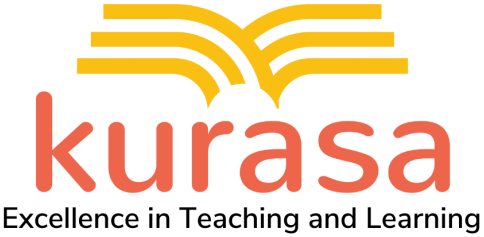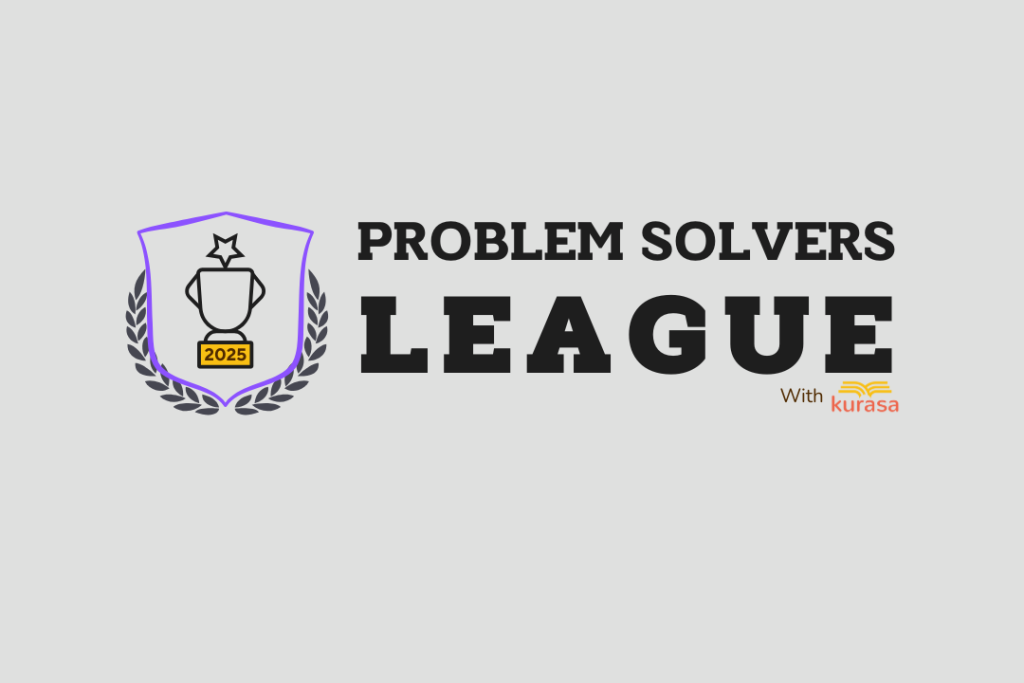Once, as a young teacher at Kenyatta University Primary School, I found myself immersed in the rigors of the Kenyan education system. My role as a community service teacher in 2012, guiding learners through maths and science, was my first real brush with the transformative power of education. I taught classes 6, 7, and 8, engaged in environmental work, and mentored students. This experience, coupled with the insights gained from being a pupil in my mother’s classroom in first grade, laid the foundation for my lifelong passion for education.
Formative Assessments: The New Thermometer

In the world of education, formative assessments are akin to a thermometer – a tool that provides continuous feedback, allowing for timely interventions. Unlike summative assessments, which often come too late to make a meaningful impact, formative assessments offer ongoing insights into a student’s progress. It’s about recalibrating our approach, moving away from a singular focus on exam results and towards a more holistic view of learning.
Teachers: The Calibrators of Learning
Teachers play a pivotal role in this recalibration. They are the thermometers themselves, requiring constant professional development to remain effective. Just as a thermometer needs recalibration to provide accurate readings, teachers need ongoing training to adapt to the ever-evolving educational landscape. This training ensures that they can assess, interpret, and act upon the data they gather from their students, leading to better educational outcomes.
The Current Calibration: Exam-Centric Success
Currently, the Kenyan education system is overly focused on exam results. Success is often measured by the ability of these results to secure a place in a prestigious national school. This narrow definition of success overlooks the individual progress and capabilities of students. It’s a dated model, akin to relying solely on a thermometer that only measures the extreme highs and lows, ignoring the nuanced fluctuations that indicate a learner’s true state.
The Shift to Formative Assessment
The shift towards a formative assessment model in classrooms is crucial. It allows educators to take frequent ‘temperature readings’ of their students’ understanding, making it easier to apply the necessary interventions. This approach not only enhances academic performance but also fosters better behavior, higher self-esteem, and an overall sense of well-being among students.
A Call to Invest in Classroom Calibrations
As we navigate the Competency-Based Curriculum (CBC), it is essential to invest in formative assessments. We must move away from the old thermometer reading of exam-centric success and towards a more comprehensive, continuous assessment model. By recalibrating our approach, we can ensure that every learner’s journey is valued and their potential fully realized.

